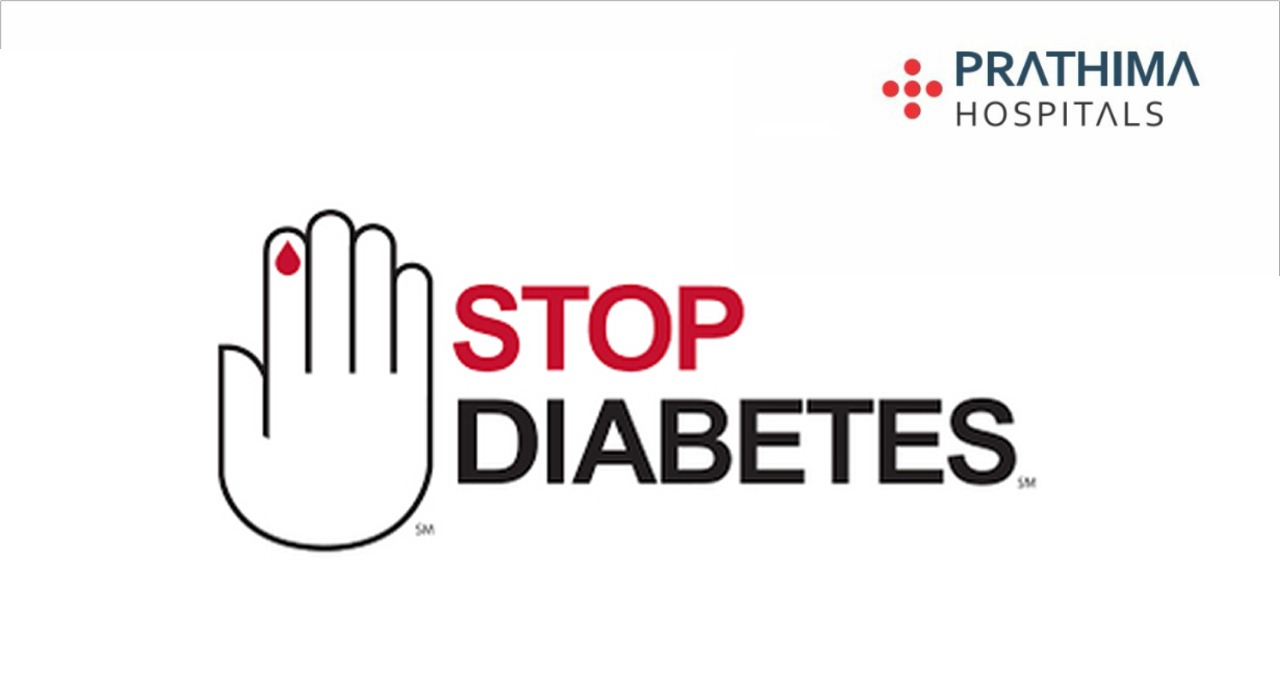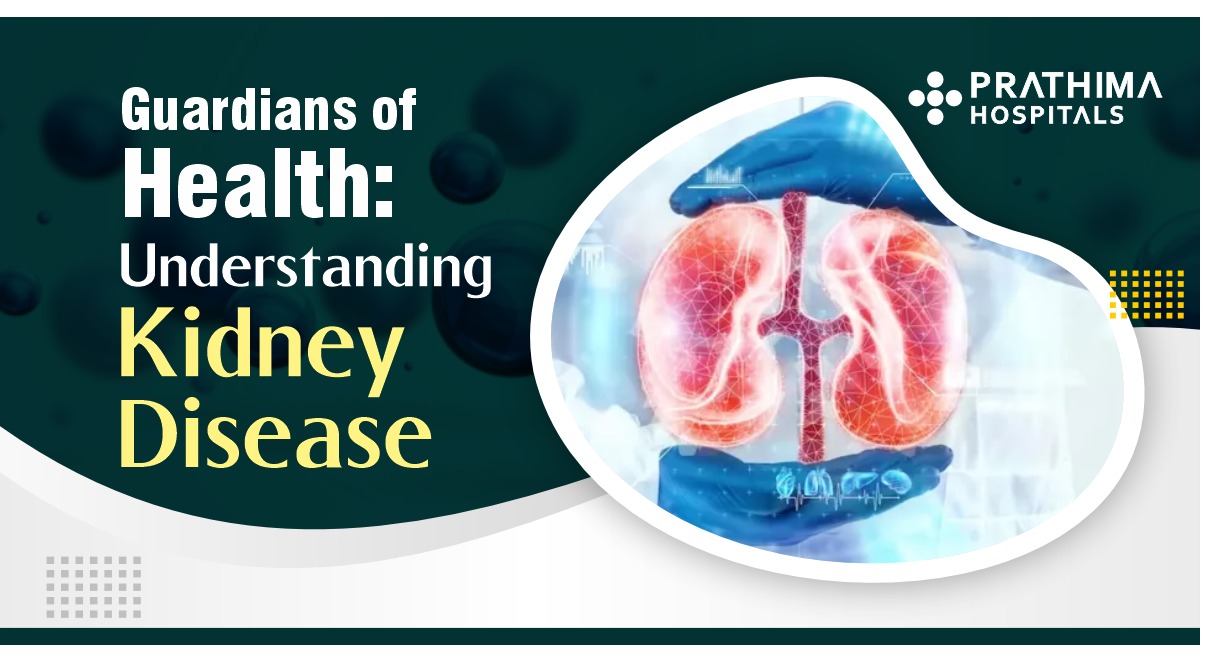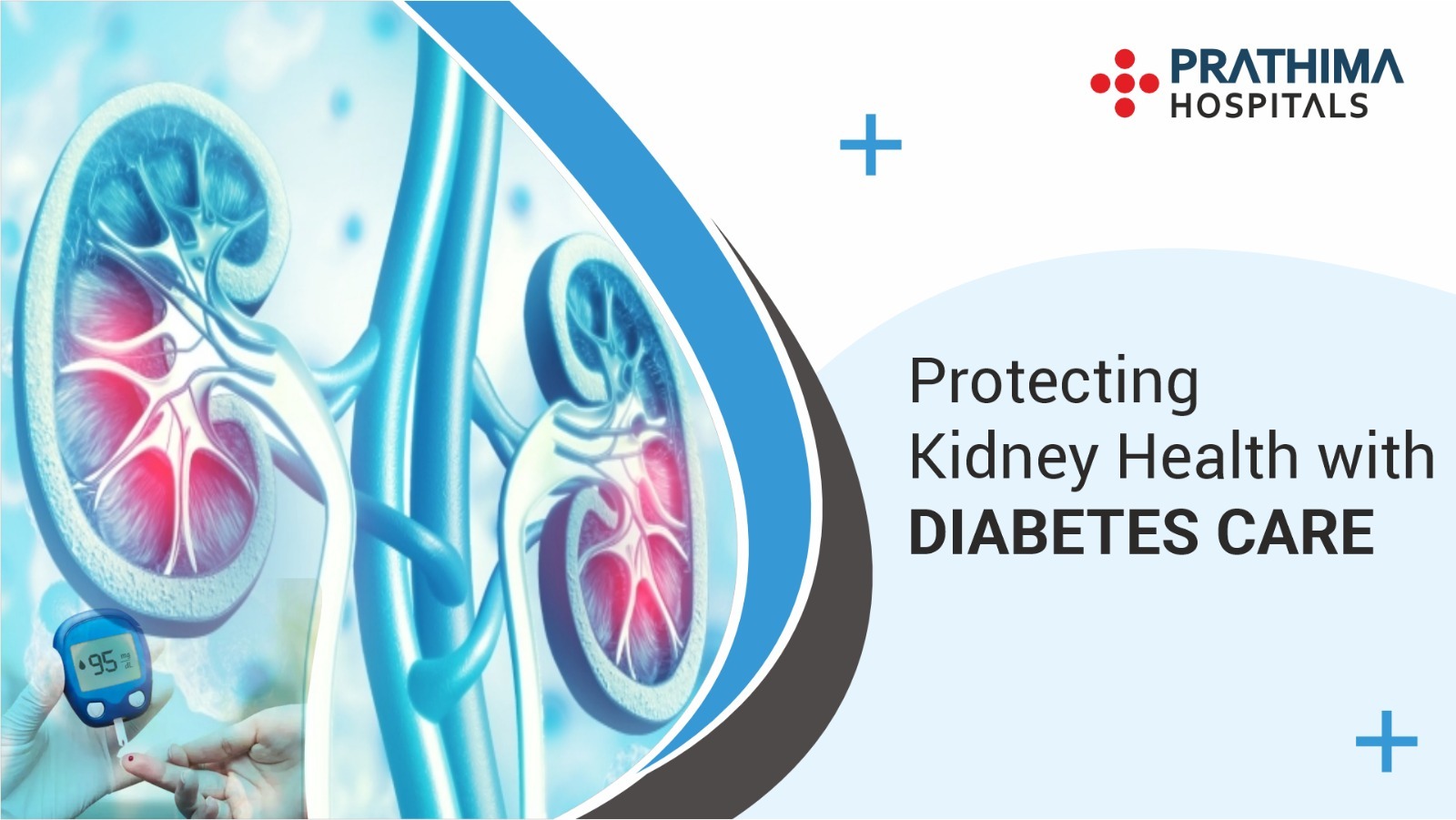Diabetes: Symptoms, Causes, and Treatments

Diabetes mellitus, commonly known as diabetes, is a condition associated with increased blood glucose levels. This is mainly of two types – Type 1 diabetes and type 2 diabetes. Type 1 diabetes occurs due to the deficiency of the hormone insulin and is seen mainly in children and young adults. Type 2 diabetes occurs because the insulin produced in your body does not act properly.
Insulin is a hormone secreted by an organ called the pancreas. Insulin ensures the different organs in your body get access to the glucose present in your blood. These organs utilize the glucose for energy. Hence in diabetes, you may tend to feel week due to the inability of your organs to utilize glucose. The excess glucose is sent away from your urine along with water. Hence you may typically have increased urination and increased thirst which accompanies it. Apart from this, the high blood glucose can end up damaging certain organs such as the nerves, kidneys, and eyes. Diabetes also increases risks for heart attacks, strokes, and infections.
How to regulate Diabetes? When to take a diabetes check-up?
It is recommended that you should get yourself tested for diabetes irrespective of age if you are obese or have increased abdominal fat. Every person above the age of 45 years should get himself/herself tested for diabetes. If the tests come negative for diabetes you should get yourself tested again at 3 yearly intervals. You should get yourself tested for diabetes if you have symptoms of increased thirst and urination, sudden weight loss, frequent urinary infections, burning sensation in feet, decreased vision or unexplained generalized weakness. Once you are diagnosed with diabetes it is important to keep your blood glucose levels in control in order to prevent the complications of Best Hospital for Diabetic Foot Ulcers Treatment in Hyderabad.
What are the treatment options for Diabetes mellitus?
The cornerstone of treatment of diabetes lies in dietary restriction of carbohydrates. In type 1 diabetes the pharmacological treatment essentially comprises of administration of insulin. In type 2 diabetes, oral drugs are sufficient for diabetic control in most. However, over time some people may require an addition of insulin for control of diabetes. The regular morning of glucose levels, good control of cholesterol levels and yearly monitoring of diabetic complications is essential for optimal management of diabetes.





